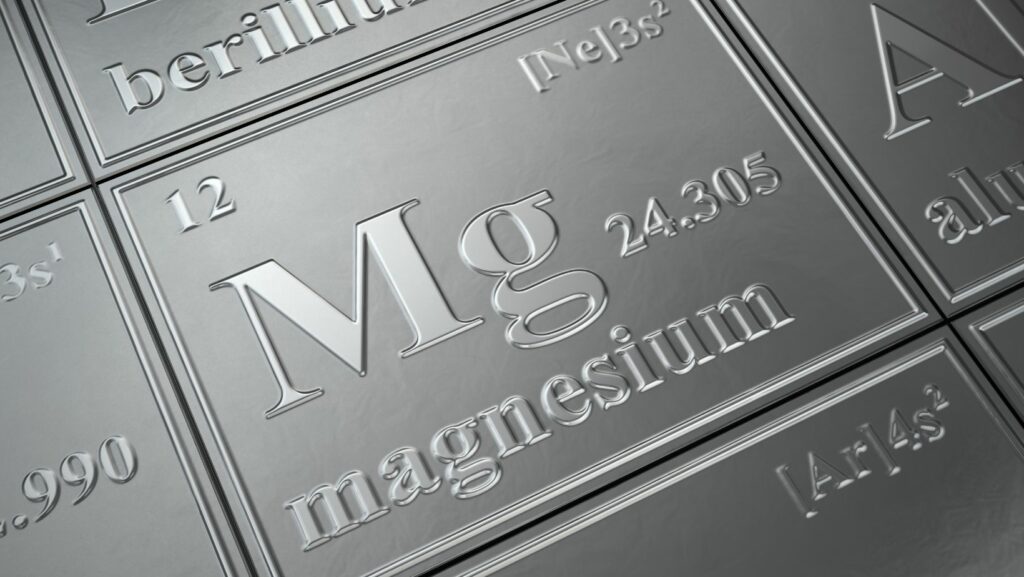If you’re anything like me, you’re always looking for ways to improve your life. And one of the best ways to do that is by learning more about the world around us. Today, we’re going to learn about one of the most important elements in our world: magnesium.
Magnesium is a chemical element with the symbol Mg and atomic number 12. It’s a silvery-white metal that’s used in a wide variety of applications, from construction to medicine. But what most people don’t know is that magnesium has a charge.
Yes, that’s right, magnesium can be charged! In fact, it’s one of the few elements that can exist in both positive and negative states. So what does that mean for us? Well, it means that magnesium can help us balance our own charges!
The Charge of Magnesium
Magnesium has a charge of +2.
What Charge Does Magnesium Have
Magnesium is a highly reactive metal that does not occur naturally in its elemental form. Instead, it is found combined with other elements in minerals such as dolomite, carnallite, and talc. Because it is so reactive, magnesium is never found free in nature.

Magnesium is the eighth most abundant element in the universe and the seventh most abundant element in the Earth’s crust. However, because it is so reactive, it is not found in its elemental form on Earth. Instead, it exists combined with other elements in minerals such as dolomite, carnallite, and talc.
Magnesium has a wide variety of uses. It is used in the production of aluminum alloys and Desulfurization of steel. Magnesium is also used in flares, fireworks, andpyrotechnics because of its ability to produce a brilliant white light when burned.
The Importance of Magnesium
Magnesium is the eighth most abundant element in the universe. It’s also the fourth most abundant element in the Earth’s crust. And yet, it’s a element that many people are deficient in.
Magnesium is involved in hundreds of biochemical reactions in the body. It’s necessary for the proper function of muscles, nerves, and enzymes. It helps regulate blood sugar levels, promotes healthy bone growth, and is required for the synthesis of DNA and RNA.
Despite its importance, a magnesium deficiency is surprisingly common. In fact, estimates suggest that up to 80% of Americans don’t get enough magnesium from their diet.
There are many possible causes of magnesium deficiency. Poor diet is one of the most common — since magnesium is found naturally in leafy green vegetables, nuts, and seeds, people who don’t eat enough of these foods are at risk for deficiency. Other causes include stress, certain medications (such as diuretics), and medical conditions that impair absorption (such as Crohn’s disease).
Symptoms of magnesium deficiency can include muscle weakness, cramps, anxiety, insomnia, and migraines. If you think you might be deficient in magnesium, talk to your doctor about getting a blood test to confirm your levels.
The Benefits of Magnesium
Magnesium is the fourth most abundant mineral in the human body. It is necessary for more than 300 biochemical reactions in the body and helps to maintain normal muscle and nerve function, a healthy immune system, and strong bones. Magnesium also plays a role in regulating blood sugar levels, promoting normal blood pressure, and helping to prevent migraines.

There are many ways to get magnesium into your diet, including magnesium-rich foods such as dark leafy greens, nuts and seeds, fish, whole grains, beans, avocados, yogurt, dark chocolate, and bananas. You can also take magnesium supplements or use magnesium-containing products such as Epsom salt baths or lotions.
Magnesium is a key element in the development of new energy technologies. Its light weight, flexibility and high strength-to-weight ratio make it an ideal metal for use in batteries, fuel cells and other energy applications. As the world looks for alternative sources of energy, magnesium is poised to play an important role in the future.
